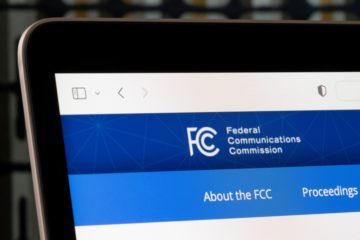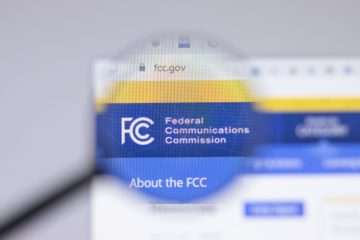The Market Institute President Charles Sauer has a new article in Real Clear Markets highlighting the under performance of Republican candidates in this cycle that targeted ‘Big Tech.’
He writes:
“In a recent column, “A Tale of Two Midterms” former Republican Representative and Presidential candidate, Dr. Ron Paul, contrasted the Republicans’ underwhelming 2022 midterm results with the 2010 midterms, when the grassroots activists of the Taxed Enough Already (TEA) Party movement helped the GOP capture a record number of House seats along with seven Senate seats. Since Dr. Paul was often referred to as “the brain of the Tea Party,” the first tea party event was held by his 2008 Presidential campaign, and one of the leading “Tea Party” Republicans elected in 2010 was his son, Rand, Ron Paul is uniquely qualified to access the difference between the two midterms.
Dr. Paul credits GOP success in 2010 to Republican proposals to roll-back big government, such as repealing Obamacare, ending corporate bailouts, cutting spending in all areas, and auditing the Federal Reserve. By contrast, this year’s Republican candidates may have railed against “Bidenflation” and the Democrats’ wasteful spending, but offered little in the way of a substantive agenda. Dr. Paul blames the GOP’s failure to follow the model of 2010 for the party’s underwhelming showing this month.
Dr. Paul may be uncharacteristically soft on the Republicans who fail to advocate for limited government and individual liberty. While many Republicans avoided talking about policies and ideas, there are others who did promote concrete policies. But, unlike in 2010, these policies were not aimed at improving people’s lives by getting government off their backs; instead, many were aimed at further entrenching the relationship between the state and “Big Tech” under the guise of limiting Big Tech’s power.
For example, failed U.S. Senate candidate Blake Masters called for treating social media companies as common carriers. This is a great idea if, as Market Institute Senior Fellow Norman Singleton put it, you want tech companies to “become as innovative and dedicated to customer service as the gas or electric company.” Failed New Hampshire Senate candidate Gen. Don Bolduc attacked Democrat incumbent Maggie Hassan for trying to block a Senate vote on the “American Online Innovation and Choice Act” (S. 2992). This legislation is aimed at stopping companies from “preferencing” their own products on their own platforms. Like most big government proposals, this bill would have unintended consequences like disincentivizing Amazon from allowing third-party vendors to use the PRIME designation. This may be one reason why the issue did not help the General defeat the vulnerable Democratic senator. While he appears to have not endorsed any specific policy, Pennsylvania Senate candidate Dr. Mehmet Oz also attacked Big Tech in his unsuccessful campaign.
Defenders of the idea that using government power to crack downs on Big Tech may point to Ohio Senate candidate J.D. Vance as an example of a successful candidate who talked about the need for government action to break up Big Tech. However, Vance was running for a Republican Seat in a state that is increasingly Republican. Therefore, the question is not why did Vance win, but why did Masters, Bolduc, and Oz – who were all running winnable races – lose?
There were a number of factors contributing to Republican underperformance this year, and one cannot say across the board that attacking Big Tech hurt Republican candidates, but it didn’t help them. One reason may be that the pro-government intrusion constituency on the right – even against an industry as unsympathetic as Big Tech’s – is small.
Furthermore, Elon Musk’s success turning Twitter around has robbed the issue of its menace when the platform kicked Trump off in 2021.
While the support for constitutional conservativism (and libertarianism) among the Republican base has diminished in the Trump era, many still subscribe to the libertarian-conservative fusionism that has defined the right since the 1950s. Even many conservatives who think Big Tech threatens our economy liberty and even our democracy might be leery of giving Biden appointees like Federal Trade Commissioner Lina Khan more power.”


